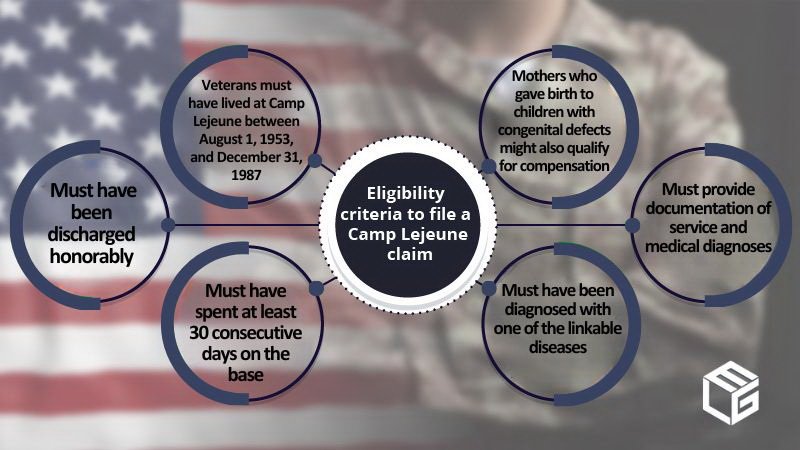Exposure to trichloroethylene and perchloroethylene, associated with a high risk of bladder cancer
The drinking water at Camp Lejeune was contaminated with two solvents that have a strong connection with bladder cancer – perchloroethylene and trichloroethylene.
While the former is a dry-cleaning solvent, the latter is a degreasing solvent. The perchloroethylene level at Camp Lejeune was 215 ppb when the safe exposure limit is 5 ppb. The trichloroethylene level at the military base was 1,400 ppb when the safe exposure limit is also 5 ppb.
The evidence for bladder cancer is not so much from the studies of deaths in Camp Lejeune veterans but from what can be found in the medical literature from workers exposed to perchloroethylene due to their employment in the dry-cleaning industry. There is an ongoing study on bladder cancer and other malignant diseases among Camp Lejeune veterans that will probably take a few more years to complete.
In the ATSDR Morbidity Study of Former Marines, Employees, and Dependents Potentially Exposed to Contaminated Drinking Water at Camp Lejeune, the agency concluded that exposure to both trichloroethylene and perchloroethylene was associated with increased risk for bladder cancer in civilian employees.
It is essential to know that it can take up to 30 years after initial exposure to toxic chemicals before a condition such as bladder cancer starts developing. This is because the hazardous agents gradually accumulate in the body, which was the case of Camp Lejeune, where service members would regularly drink contaminated water and also cook with it. So, if you experience symptoms that might indicate bladder cancer, such as blood in the urine, lower back pain, and a frequent need to urinate, we strongly advise you to seek medical attention.

